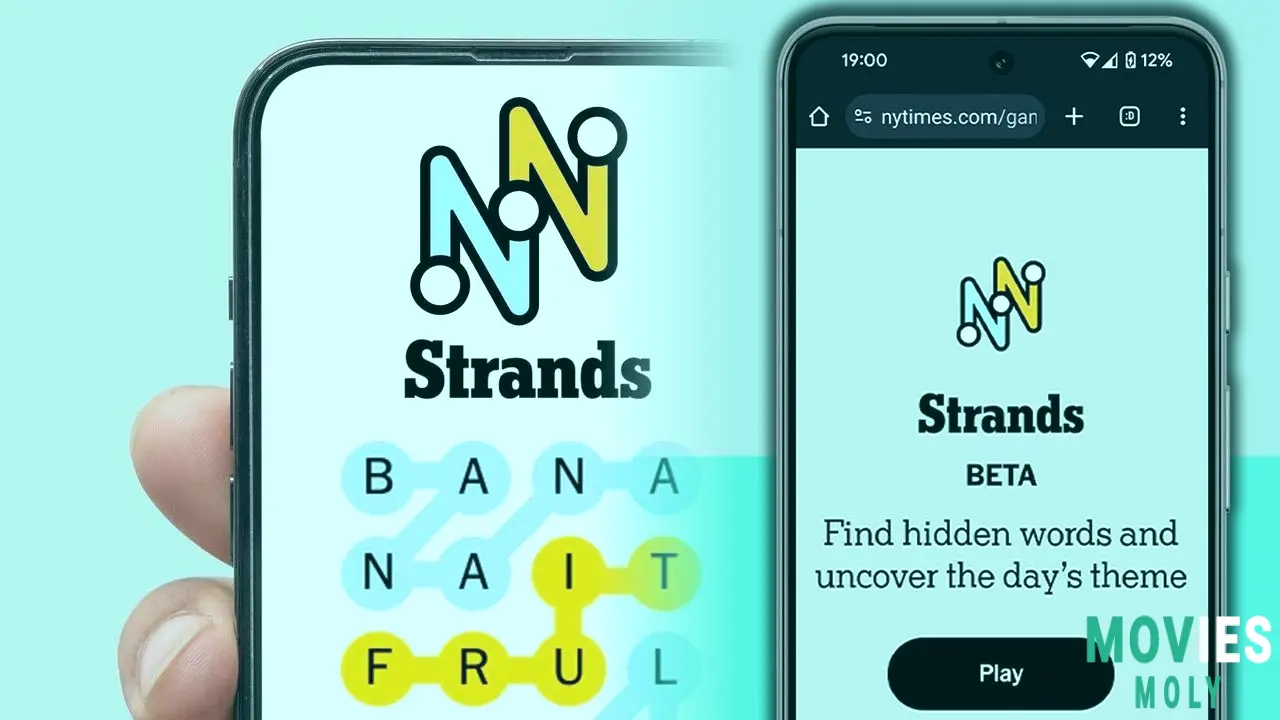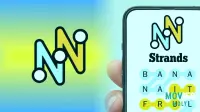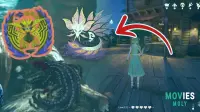If you are anything like me, you might find yourself constantly playing word puzzles throughout the day. From the classic crossword to the newer games that make you think, these puzzles are a nice way to keep your brain working. Today's Nyt Strands puzzle was a particularly fun one. It had me thinking about all those company names that have somehow just become regular words in our everyday talk. If you ever say "Google it" instead of "look it up online" then you already know the kind of game this was.
The whole point of Strands is to find hidden words that fit a special theme. The puzzle gives you a clue. For today, the clue was "That's proprietary!" My first thought was, what does that even mean in a puzzle? But as I started finding words, it clicked. It was about those brand names that are so famous they have turned into common words. If you get stuck you can find any word of four letters or more to get a hint. Finding three such words will light up one of the theme words for you. This is a nice little help when you are truly stumped.
The most important word to find in Strands is the "spangram." This word always spells out the puzzle's theme more clearly. It also stretches from one side of the puzzle to the other, either horizontally or vertically. Finding the spangram usually makes the rest of the puzzle much simpler. It is like the key that unlocks everything else. For today's puzzle, the spangram was a word that perfectly summed up the whole idea. It was a good one.
Unpacking The Clever Theme Of Today's Strands Puzzle And Finding The Hidden WordsExploring How Popular Brand Names Become Common Language Through Everyday Use
As I started playing, I immediately spotted a couple of words right at the top. The first was KLEENEX. I thought "Aha!" right away. How often do we say "pass me a Kleenex" instead of "pass me a tissue?" All the time. Then I saw JACUZZI. That was another easy one. When you are talking about a hot tub do you always say "hot tub" or do you often say "jacuzzi"? Most people say "jacuzzi." These first finds really helped me understand the clue "That's proprietary!" It quickly became clear that the game wanted me to find brand names that have taken over as general terms for products.
The spangram for today's puzzle was TRADEMARKED. It stretched across the board and helped me understand the full scope of the game. It is amazing how many words we use that are actually protected names. After finding TRADEMARKED it was easier to hunt for the others. Some were quite obvious like KLEENEX and JACUZZI. Others made me pause for a moment to think if they really were brand names or just general terms. It is a smart way to make you think about your own language.
Here are some of the other words that fit the theme that I found. BAND-AID for example. Nobody says "adhesive bandage" when they are talking about a small plaster for a cut. You always ask for a Band-Aid. Another one was POPSICLE. When was the last time you heard someone ask for a "frozen treat on a stick"? Never. Everyone says popsicle. These everyday examples really highlight how much these brands have woven themselves into our speech. It is a testament to how successful these companies have been at making their products household names.
My Personal Experience Playing Today's Strands And What It Taught Me
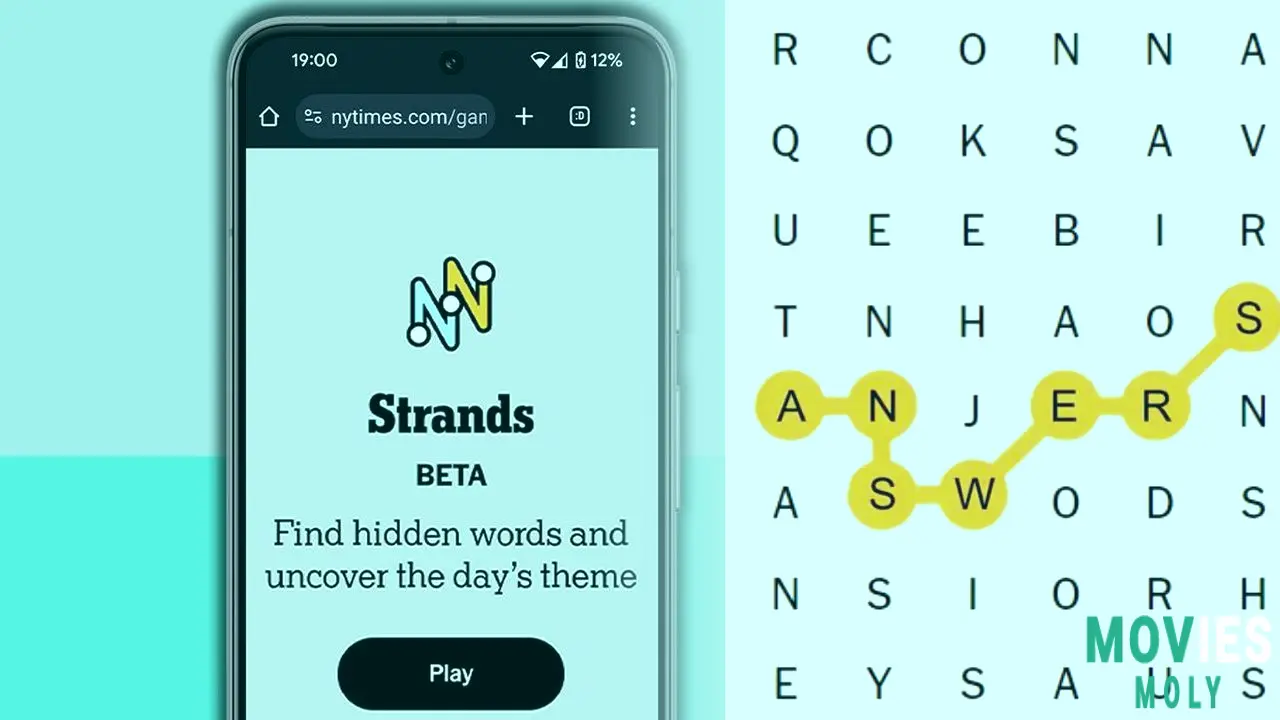
How I Approached The Puzzle And What Surprised Me About These Commonplace Words
I found the first few words without too much trouble, which helped me get into the swing of things. But then it got a little trickier. I had to really look at the letter grid and sometimes guess random words to earn those hints. It is interesting how many words you can find in the letters that are not part of the theme. For example, I found "MARK" and "TRADE" before I found TRADEMARKED, but those were not the main theme words. They just gave me hints to help me along.
One word that I found interesting was CHAPSTICK. I have always just called it "chapstick" and never thought about it being a brand name. It is like how we use "thermos" for any vacuum flask or "zipper" for any slide fastener. You just assume these are the actual names of the items. This puzzle was a good reminder of how language changes and how popular products can affect our vocabulary. It was a subtle way to be educational while still being a fun game.
Playing Strands is different from other word games. You cannot fail. If your guess is wrong or too short, the text just shakes. You can keep guessing until you get it right. There is no time limit either which I appreciate. This makes it a relaxed way to play. You can take your time looking at the letters and trying to connect them in different directions. Words can go up down left right or even diagonally. They can also change direction mid-word which can be tricky but also makes it satisfying when you find one.
Tips For Playing Strands And Why It's Becoming A Daily Habit For Many Puzzle Fans
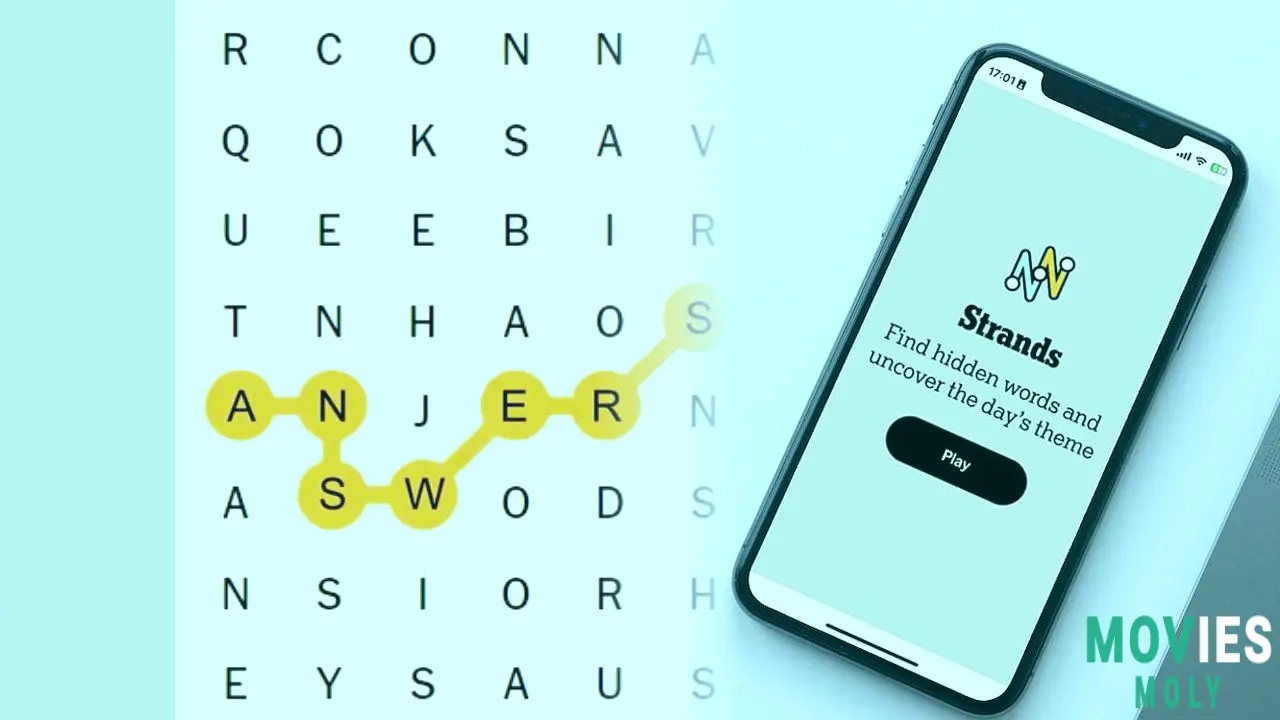
Getting The Most Out Of Your Strands Experience And The Joy Of Completing Each Puzzle
When you are playing Strands it is helpful to look for longer words first. Often these are the theme words. Also try to find words that span a large part of the grid. That could be the spangram. Once you find the spangram it makes everything much easier to sort out. The letters of the theme words will light up blue and the spangram will be yellow when you find them. All the letters on the board must be used to solve the puzzle. This means every letter is part of a word. When you finish it is a nice feeling of accomplishment.
I really enjoy how Strands makes you think about words in a new way. It is not just about finding hidden words. It is about understanding the connection between them based on the clue. This makes it more than just a simple word search. It adds a layer of problem-solving that I find very satisfying. The themes are always clever. They sometimes relate to everyday life as today's puzzle did. Other times they are about abstract ideas. It keeps you on your toes.
For those who love word games Strands is quickly becoming a daily must-play. It offers a good challenge without being too frustrating. It is a nice addition to the New York Times puzzle collection. I would definitely recommend giving it a try if you have not already. It might just surprise you how much you enjoy it. Who knew that thinking about things like "bubble wrap" or "elevator" could be so engaging?

